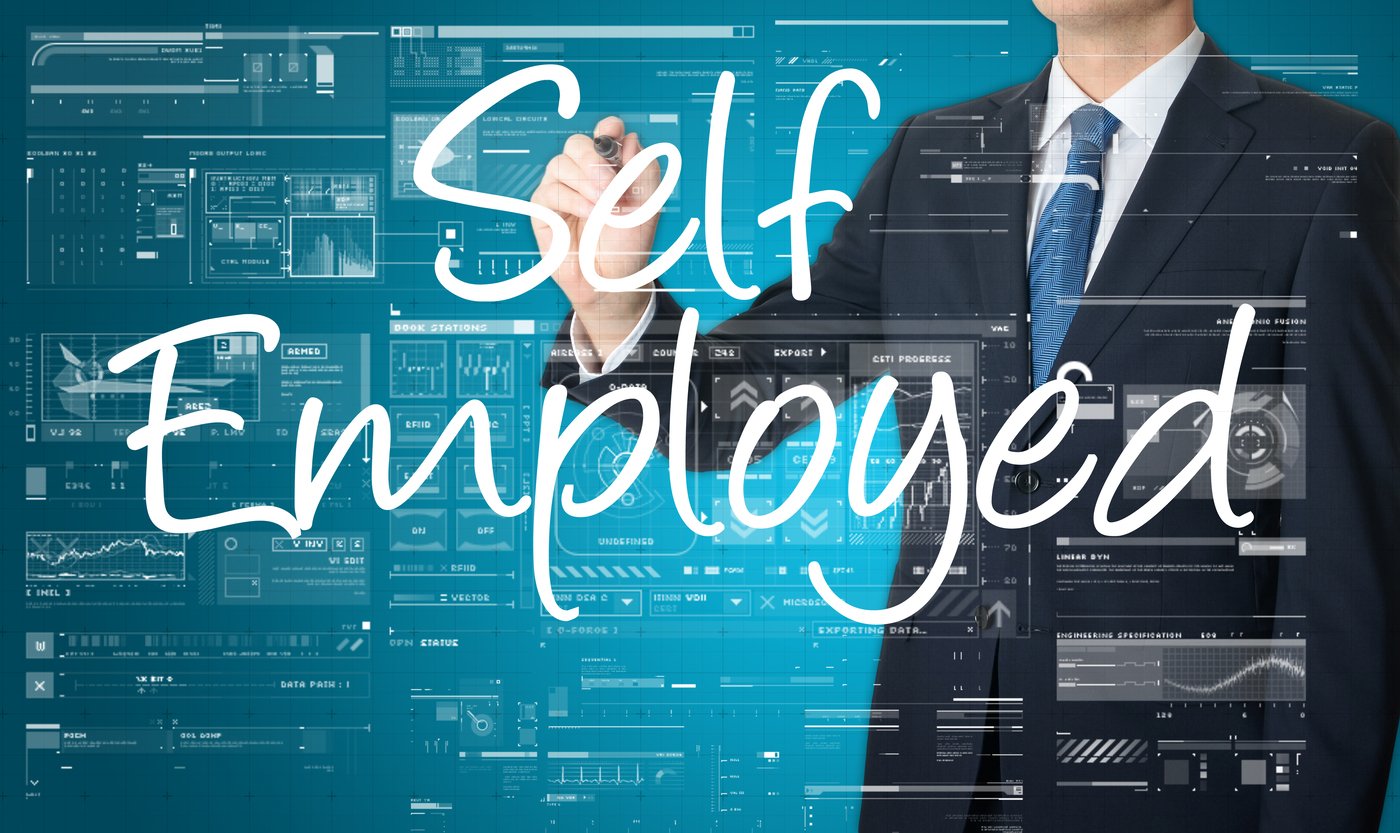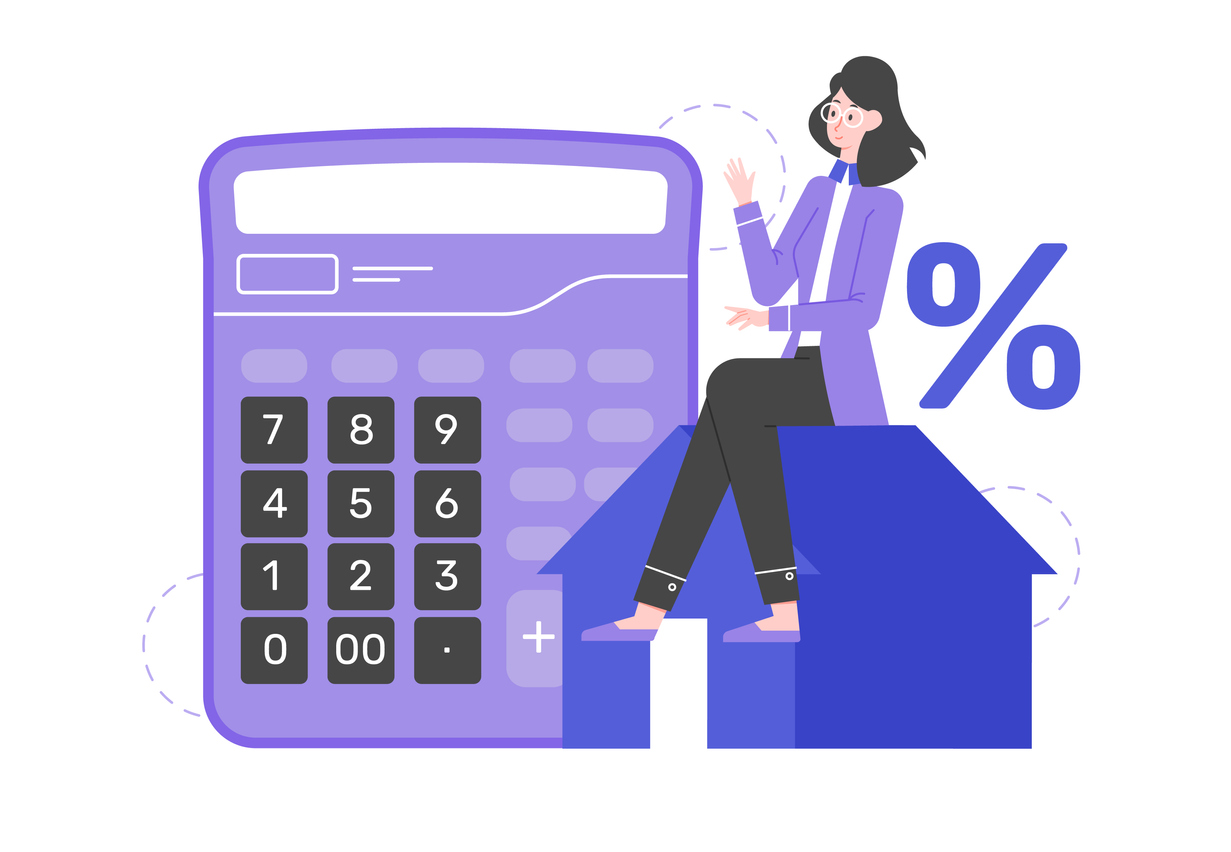Millions of self-employed individuals nationwide will be happy to hear that they can now buy or refinance a home with easier qualifying requirements.
We all have felt the impact of tighter lending standards imposed by mortgage lenders since the real estate crash of 2008, but none more so than the self-employed borrower.
Self-employed individuals looking for mortgage loans can have its challenges. Getting a mortgage as a W-2 employee is pretty straightforward, but small business owners and independent entrepreneurs have less documentable income because they can take advantage of the abundance of tax deductions available to them.
However, while these deductions are a great advantage for tax purposes, they can be a disadvantage when qualifying for a traditional mortgage.
Now with the economy back on track, foreclosures are down, lenders are ready to loosen up their lending requirements with new mortgage loans referred to as Bank Statement Loans. They are also known as no doc loans, EZ doc loans, low doc loans, no tax return loans, and self-employed loans.
However, don’t be fooled by the name, these programs are unique and can be complex. Read on to learn more about bank statement loans and how you can qualify for one.
Who is Eligible for a Bank Statement Loan?
You must be self-employed for a minimum of 2 years. Be prepared to provide a business license or a letter from your tax preparer to verify your self-employed status for a minimum of 2 years. A nice benefit of this program is if there is a co-applicant who is a W2 wage earner, their income can be added to the total household income, if it’s fully documented.
Great candidates for a bank statement loan includes:
- Real Estate Agents
- Contractors
- Freelancers
- Entrepreneurs
- Small business owners
If you’re worried about not being eligible for a loan as a self-employed individual, there are many steps you can take to increase the likelihood of qualifying. While it’s easy to say you need “good credit” and a “low debt-to-income ratio,” getting to this point may take time. Here are some real steps you can take to increase your chances of getting a bank statement loan:
- Reduce your tax deductions.
- Keep separate business and personal bank accounts.
- Use tools like QuickBooks to track and classify income and expenses.
- Consider a larger down payment. Tapping into your IRA or 401(k) may be a smart, long-term solution—just make sure your consult your financial adviser first.
- Lower your debt load
- Register and license your business.
Here’s an example scenario of a self-employed worker looking for a mortgage loan:
After several years working on building his online educational business, Rich Brown, was finally ready to buy his first home.
Rich and his family find a beautiful new home listed for $750k and decides to apply with his local bank where he does his business banking. Despite having very little debt, he’s turned down because Rich took too many write-offs and his taxable income isn’t sufficient to cover his new monthly mortgage payment.
Rich is baffled because his thriving business is bringing in more income to date—and it’s clearly reflected on his business bank statement deposits. He knows he can easily manage the monthly payments so he decides to look for alternatives.
He looks into a bank statement program that doesn’t require tax returns at all, so his write-offs will be a non-issue. After reviewing Rich’s business and personal bank statements, his mortgage broker quickly determined his qualifying income. Rich has a 698 FICO score and 15% for a down payment.
With the guidance of his mortgage broker, he was approved on a great 5/1 Adjustable Rate program that will give him plenty of time to continue building his business and work towards reporting more taxable income. While the rate was only slightly higher than a traditional Jumbo loan, the mortgage payment was very affordable and Rich was thrilled at the opportunity of providing a new home for his family.
How Does a Bank Statement Mortgage Loan Work?
As its name would suggest, in lieu of your tax returns, your bank statements are used to determine your income. Now this is where it can get a tricky, as not all Bank Statement loans are alike. Some lenders will review your last 12 months business bank statements, while others will require 24 months business bank statements. Not all deposits are treated equal, the percentage of deposits that are used to determine your income varies from Lender to Lender.
Here are some highlights of a Bank Statement Loan
- Loan amounts to $3 million
- Credit scores as low as 620
- Rates starting at 4.5%
- Interest Only payment options available
- NO pre-payment penalty and NO PMI
- Flexible terms available, 5/1 & 7/1 ARM and 30 Year fixed rate loans.
The Take-Away
If you are self-employed and are interested in buying a home or want to refinance your existing home get pre-qualified with Homelife Mortgage. Mortgage experts since 1990, with access to all Bank Statement loan options now available to the self-employed.
Ready to get started? Download our free eBook, The Ultimate Guide for Self-Employed Bank Statement Mortgages.
More Content For You:
Bank Statement Loan: Cash-Out Refinance
Self-Employed Mortgage - How to Buy a Home With a Bank Statement Mortgage
Questions?
Click the live chat window on our site or call (888) 677-2526. Our team is ready to assist you!
About HomeLife Mortgage
For more than 25 years, HomeLife Mortgage has built a strong reputation in California and Florida as a leading mortgage broker, servicing the needs of borrowers who have been unable to obtain conventional financing. HomeLife Mortgage is at the forefront of non-bank lending offering the next generation of mortgages including Jumbo Non-Prime Loans, Real Estate Investor Loans, Bank Statement Loans, FHA Loans and VA Loans.







